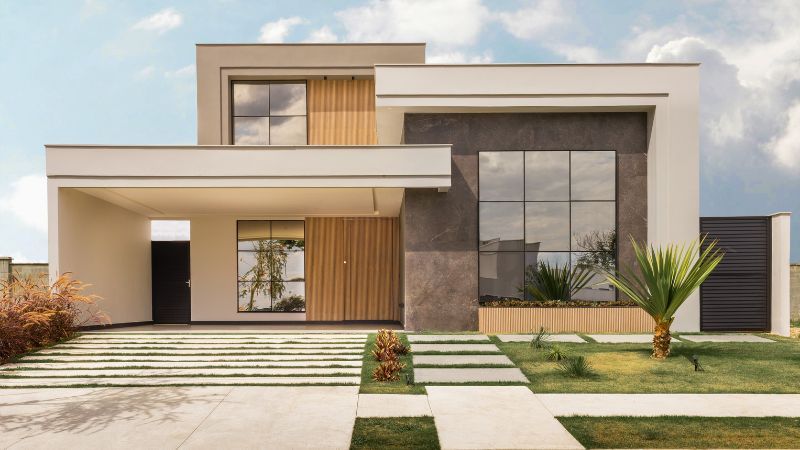Categories
Converting a Pub to Residential Use - How it Works
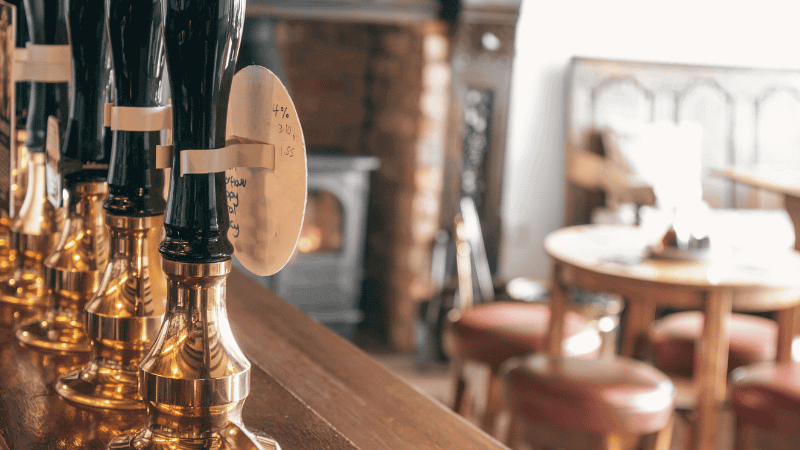
As affordable housing becomes harder to come by, investors are getting creative. One option that has grown in popularity is converting a pub into a residential space.
Pubs across the UK are struggling and closing at an alarming rate, with two disappearing every day according to recent statistics. Between January and June, a total of 383 pubs were either demolished or converted for other purposes.
This provides opportunities for investors and developers looking to convert these properties into much-needed housing.
However, financing the purchase and conversion of a pub can be complex. This guide from our expert mortgage advisers at Clifton Private Finance can walk you through the process and key factors to consider when looking to mortgage a pub for residential conversion.

Skip to:
Converting a Pub for Residential Use
Navigating the Planning Process
Executing the Conversion Project
Mortgaging the Completed Conversion
Key Points for Mortgaging a Pub Conversion
Looking to Convert a Pub for Residential Use?
Converting a Pub for Residential Use
Assessing the Property’s Potential
The first step is researching and identifying a suitable pub property with residential conversion potential.
Consider the location, local housing demands, and how easily the layout could be adapted to create residential accommodation. A structural survey should be carried out to assess the overall condition and identify any major works required.
You’ll also need to investigate the planning requirements and permissions needed to convert from commercial to residential use.
Many councils are supportive of pub-to-housing conversions, which make good use of the space and provide local housing. However, strict planning laws are in place to protect pubs, so a change of use application will be required.
Research the potential value of the property once converted to residential. This will determine the maximum loan amount the lender will provide. Think about the number and mix of units you could create, market rates for residential accommodation in the area, and projected demand.
Financing the Purchase
The next step is securing financing to purchase the Pub. A deposit of around 30-40% of the purchase price will be required. You’ll need to provide proof of your deposit funds and source of wealth.
Commercial mortgages differ from residential loans. You’ll need to find a lender willing to offer a commercial loan for purchasing the pub building.
The lender will want to see a viable business plan for the conversion, showing costs, timescales, and projected valuations.
Having an experienced mortgage broker like Clifton Private Finance on your side can help you navigate suitable lenders and loan options for commercial purchases. We can search the market for the most competitive rates and terms.
Funding the Conversion
Once you’ve purchased the pub, you’ll need to finance the conversion works to transform it into residential accommodation. This finance could come from one of the following sources:
- Remortgaging – If there is sufficient equity after purchasing the property, you may be able to remortgage the pub on a residential loan basis to release funds for the conversion works.
- Commercial Lending – Some specialist lenders offer commercial to residential conversion loans covering both the purchase and costs to convert the property.
- Securing a Separate Conversion Loan - Bridging loans and secured business loans can provide access to funds for conversion works. The rates may be higher than residential lending.
- Joint Venture Funding – Entering a joint venture with a development company is another route to finance a pub conversion project, particularly for larger pubs.
Cost Considerations for Pub Conversions
Converting a pub into residential accommodation in the UK requires significant upfront and ongoing costs. It's important to research and budget for expenses like:
- Purchase costs - Expect to pay legal fees, survey fees, stamp duty, etc. Stamp duty differs for commercial purchases, so seek advice.
- Construction costs - Budget £1500 - £2500 per m2 as a guide for conversion works. This varies based on project size and specifications.
- Contingencies - Allow 10-15% of total build costs as a contingency fund for unforeseen expenses.
- Professional fees - Architects may charge £50 - £100 per hour. Project managers around £40 - £70 per hour. Structural engineers £60 - £120 per hour.
- VAT - Conversions can have complex VAT implications. Consult a tax advisor to maximise reclaims.
- Finance costs - Mortgages and bridging loans have arrangement fees, valuation fees, legal fees and interest costs. Compare options.
- Marketing and sales – Broker fees typically 1-3%. Legal fees are typically around 1%. Converted period properties can achieve premium values.

Navigating the Planning Process
To convert a pub's use from commercial to residential, you'll need to submit a planning application for change of use consent from your local council.
Policies often aim to protect pubs, so strict criteria may apply, like showing unsuccessful marketing attempts or demonstrating the pub is financially unviable. Producing robust supporting evidence is key.
Conversions can enhance appearance through quality design. Sustainability is also assessed based on proximity to facilities and transport. Most schemes are possible with the right approach.
Here are some things to bear in mind:
- Change of use applications take 8-12 weeks typically in the UK. Planning consultants can support the application process.
- Permitted development rights allow certain changes without full planning consent. The criteria depend on building size and location.
- Demonstrating compliance with local plan policies via supporting statements and evidence is key. Financial viability reports may be required.
Executing the Conversion Project
When executing a conversion project, it’s essential to assemble an experienced team, such as working with an architect, engineer and project manager.
Some factors that can ensure your project goes smoothly are making sure your drawings are highly detailed and conducting due diligence like drain surveys early.
It can be important to carefully manage your budgets and cash flow, as well as keep aware of any VAT implications. Seek specialist finance advice on the most suitable lending products for the project build phase.
Maximise sale values by retaining period features like sash windows, fireplaces and unique layouts. Quality finishes also command premium prices.
If opting to remortgage, a revaluation of the property will be carried out after purchase to determine available equity. You’ll likely need to show detailed costings for the proposed works so the lender can release an appropriate level of funds.
Mortgaging the Completed Conversion
Once the commercial property has been converted into residential accommodation, it can be mortgaged as a residential investment property. Valuations will be based on capital values for each of the completed units.
Buy-to-let mortgages allow you to borrow against residential investment properties. The maximum loan amount is usually around 75% of the property value.
You’ll need at least a 25% deposit and meet affordability criteria based on projected rental yields. Interest rates are usually higher than standard residential mortgages.
At Clifton Private Finance, we specialise in sourcing buy-to-let and limited company mortgages from top lenders. We can help you secure the most suitable finance on your converted pub investment.

Key Points for Mortgaging a Pub Conversion
It’s advisable to carry out extensive research into the property’s potential and evaluate whether it’ll suit your own purposes.
Here’s a recap of some of the most important points to bear in mind:
- A higher deposit of 30-40% will be needed to secure commercial finance to fund the initial purchase.
- Have a clear plan and costings for the conversion works required.
- Work with a broker to identify lenders willing to finance commercial to residential conversions.
- Factor in contingency funds for any unforeseen costs that arise during conversion.
- Consider remortgaging, bridging finance or joint ventures as routes to fund the works.
- Once converted, the property can be mortgaged as a buy-to-let investment on a residential basis.
- Take advantage of permitted development rights to streamline planning processes where possible.
- Converting existing buildings can be more cost-effective than new builds in terms of utility connections.
- Residential conversions often allow the retention of unique period features and architectural charm.
Mortgaging a pub for conversion requires specialist broker expertise and access to niche lenders.
As experienced commercial and buy-to-let mortgage advisers, Clifton Private Finance can support you through every stage of financing this type of project.
Looking to Convert a Pub for Residential Use?
With the number of pub closures accelerating across the UK, now could be the ideal time to explore this type of project.
By understanding the conversion process, costs and timescales involved and working with specialist brokers like us at Clifton Private Finance, you can successfully mortgage and convert a pub for residential use.
If you’re considering a commercial-to-residential conversion project, please get in touch with our expert team.
We would be happy to discuss your plans and provide tailored advice on financing this type of specialist mortgage.
Call us on 0117 959 5094 to discuss your requirements, or book a free consultation below.
FAQs
What percentage deposit is required to mortgage a commercial property?
Expect to put down a 30-40% deposit when taking out commercial financing to purchase a pub building for conversion. Lenders will look for a substantial deposit when lending on a commercial rather than residential basis.
How long does commercial-to-residential conversion typically take?
The conversion timeframe can vary significantly depending on the scale of work required. For smaller pub conversions, the residential build can sometimes be completed within 3-6 months. Larger pubs may take 12 months or longer to reconfigure and convert into multiple units.
Are there any grants available to support a pub conversion project?
There are no specific government grants for pub conversions. However, you may be able to access general renovation and regeneration loans or grants for upgrading commercial buildings offered in some areas. These can help subsidise the cost of work.
Can I sell individual units after converting a pub to residential?
Yes, after completing the conversion, you can look to either sell or let the individual residential units. If selling, you may choose to dispose of all units in one lot to another investor or developer or sell them individually.
How do I determine potential rental yields from a converted pub?
Look at average rental values for similar residential unit types and sizes in the local area. Factor in any premium for desirable period features in converted buildings.
Aim for a 5-8% gross yield to make the investment financially viable. Management and void periods will impact net yields.
Does converting a pub require planning permission?
Yes, you will need to apply for planning permission and change of use consent to convert from commercial use as a pub to residential accommodation.
A structural survey and detailed conversion plans will support your application. Consent is not guaranteed, so seek advice from a planning consultant.

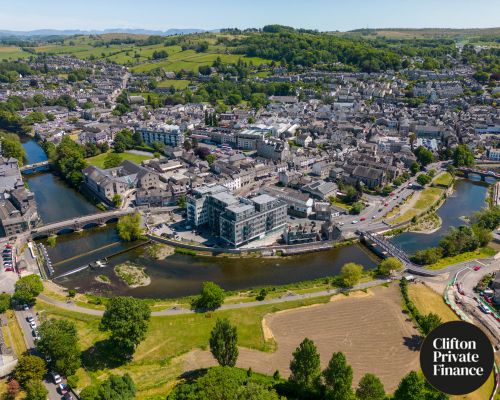
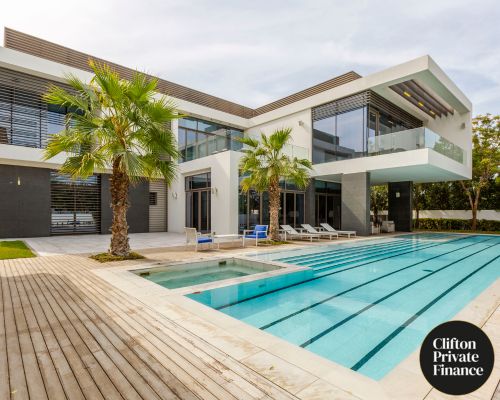
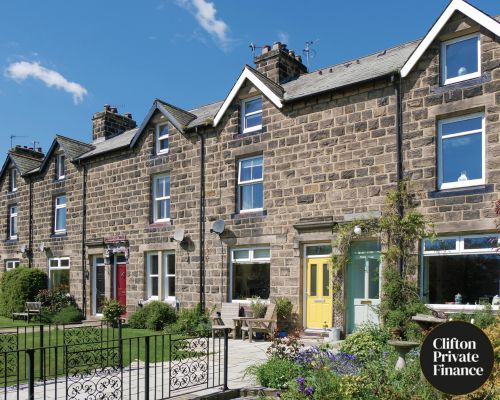


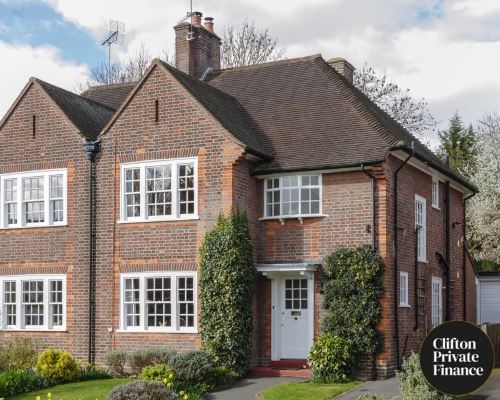
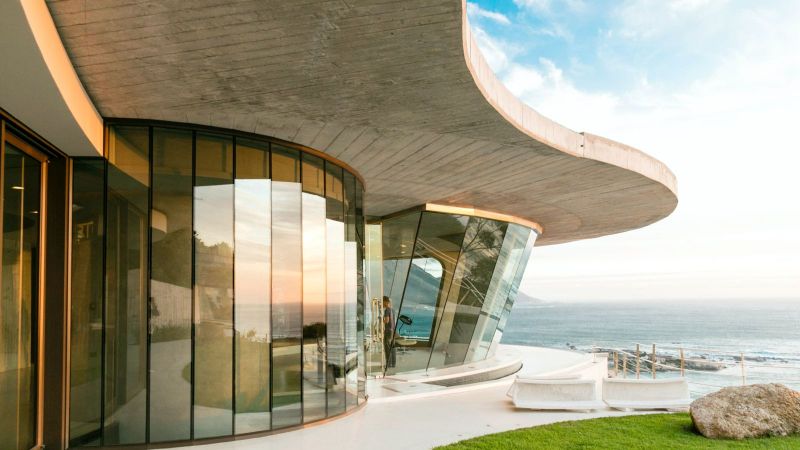
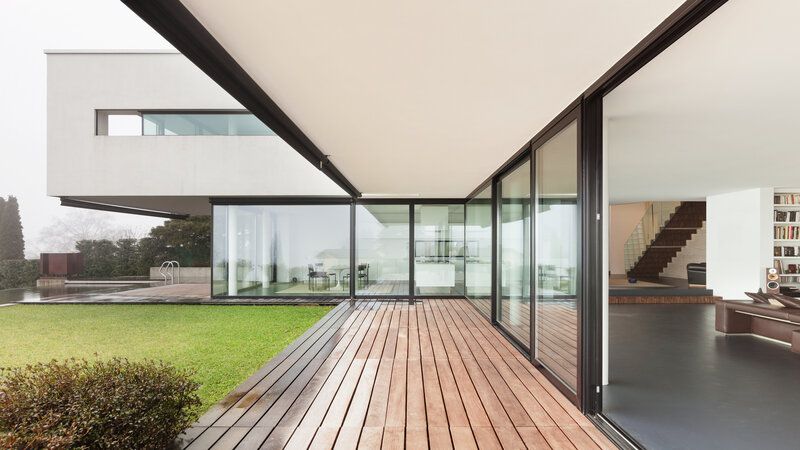
.png)
